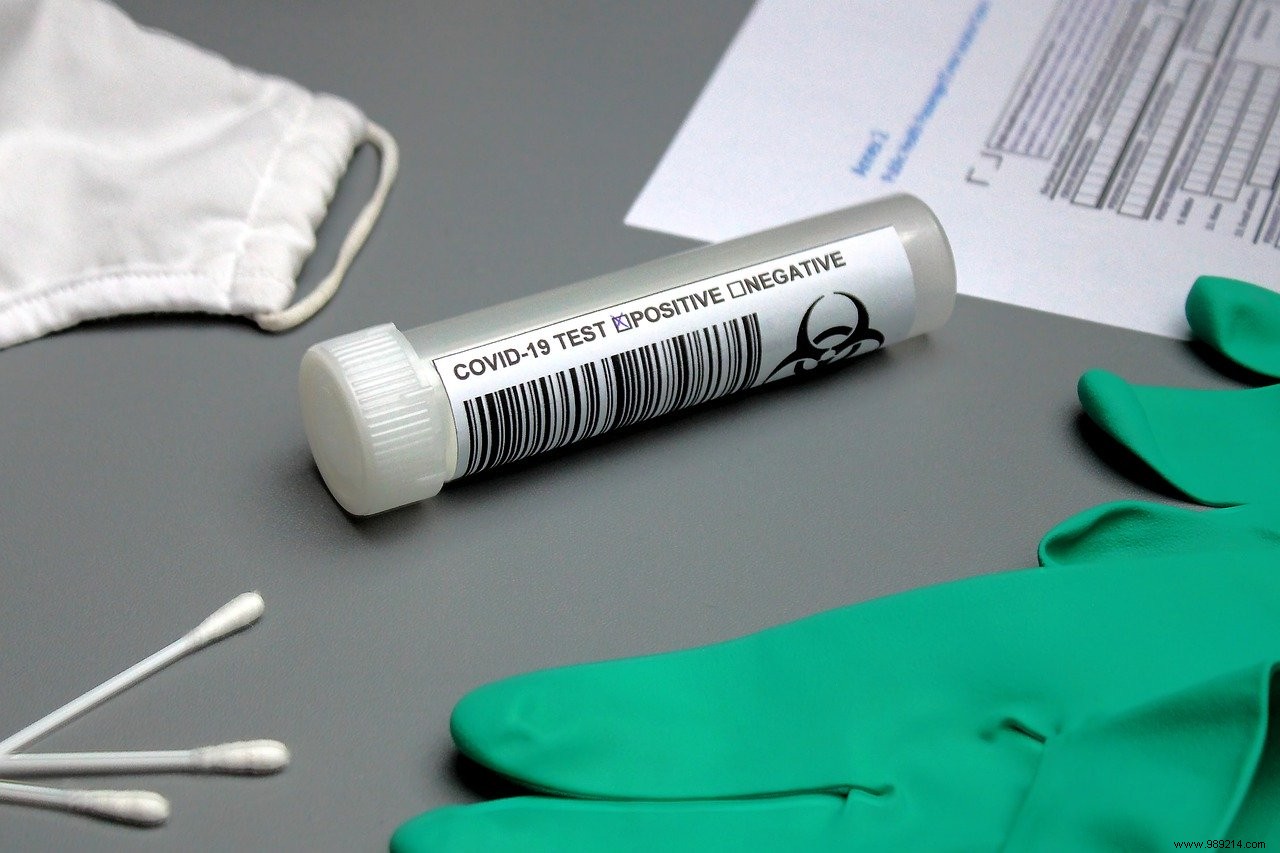In Hong Kong, a patient was diagnosed with the SARS-CoV-2 coronavirus for the second time, more than four months after his first contamination.
In recent months, several hospitals around the world have declared positive cases after cures. The following question then inevitably arose:can we catch this coronavirus twice? Many quickly dismissed the idea, favoring more the thesis of the presence of "traces of virus not completely eliminated". Like Florian Krammer, virologist at the Icahn School of Medicine at Mount Sinai in New York (USA).
"I'm not saying re-infection is impossible but in this short time it's unlikely , he explained last May, interviewed by the New York Times . Even the mildest forms of infection should leave at least short-term immunity to the virus in the recovering patient “.
The growing concern about these possible cases of reinfection had nevertheless prompted the WHO to seriously address the issue. At the time, the organization wanted to be reassuring today, explaining that the patients concerned were actually expelling "remains of material from their lungs, as part of the recovery phase “.
And yet. Researchers in Hong Kong announced on Monday that they had diagnosed the world's first confirmed case of reinfection with the new coronavirus. The researchers insist:it is indeed a new infection, and not the consequences of the first wiped four months earlier, reports the New York Times .
If the patient – a 33-year-old man – had presented symptoms (cough, headache and sore throat, fever) during his first infection, he did not present this time no symptoms . A screening test at Hong Kong airport, while returning from Spain via the United Kingdom, led to the diagnosis.
It should also be noted that, according to genetic analyses, these two successive infections were caused by two different strains of SARS-CoV-2 .

Experts had hoped that this novel coronavirus would behave more like its cousins SARS and MERS which, after infection, appear to produce lasting immunity for a few years. Unfortunately, this report suggests that this may not be the case. “Our results suggest that SARS-CoV-2 may persist in the population, as is the case for other coronaviruses responsible for common colds “, explain the researchers.
Therefore, it appears unlikely that herd immunity can eliminate SARS-CoV-2 , “although subsequent infections may be less severe than the first, as was the case with this patient “, write the researchers in their study accepted for publication by the journal Clinical Infectious Diseases .
Still, "since immunity may not last long after infection, vaccination should be considered even for people who have already been infected “, they add.
Some specialists nevertheless temper these results. Like Dr. Jeffrey Barrett, of the Wellcome Sanger Institute. “It is difficult to draw definitive conclusions from a single case , he explains in the comments. Given the number of infections worldwide, seeing a case of re-infection is not that surprising “.